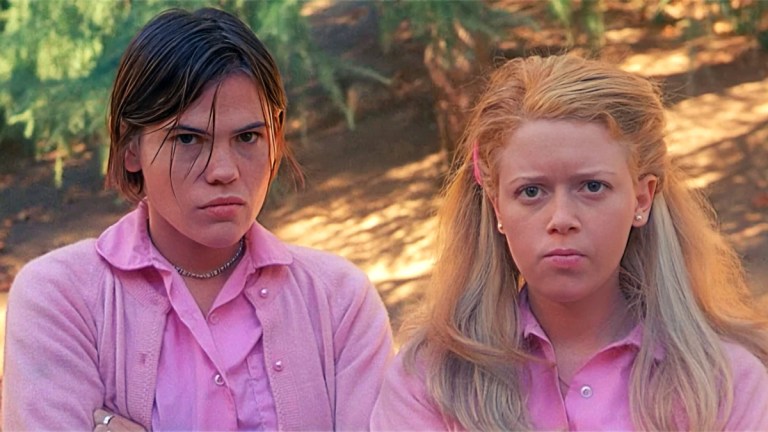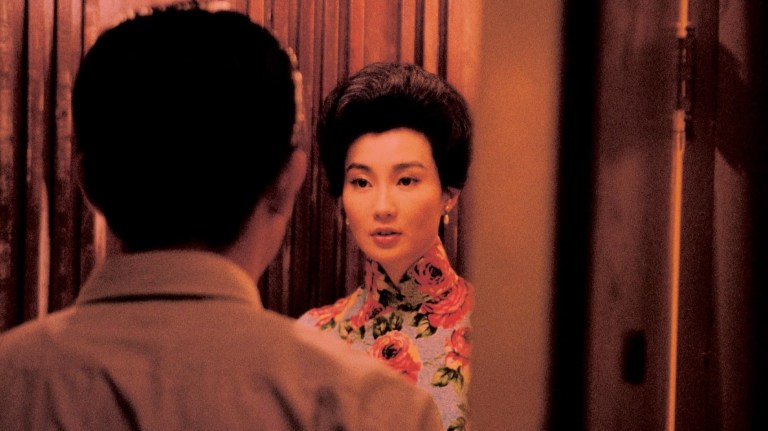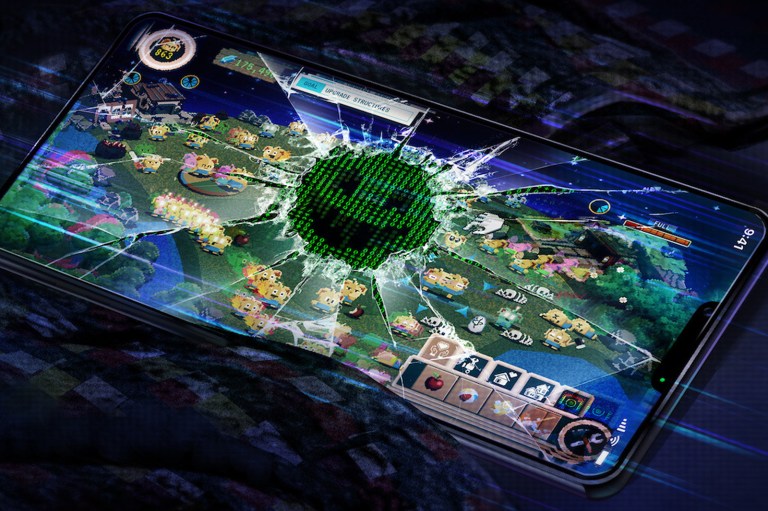
I’m 25 Years Old And I Think I’m Finally Learning How To Be Happy
For a very long time, I was only happy if I was either destroying or rebuilding my life.
By ![]() Heidi Priebe
Heidi Priebe
A lot of Thought Catalog articles have spoken to me over the years, but the first Thought Catalog author I ever became truly hooked on was Ryan O’Connell.
In the early days of TC, I admired Ryan’s work because it was honest and funny and able to expose these incredibly deep truths about life in a way that made you laugh just as hard as they made you think. But no Ryan O’Connell article stopped me in my tracks quite as much as his 2015 piece “The Twenties We All Deserve.”
To give you the TL;DR version of the piece, this excerpt from it more or less sums the whole thing up:
“It’s hard for me to explain this to you in a way that will make one hundo percent sense, but I’ll try. Until recently, maybe in the last year or so, I didn’t understand that life could be good. For me, it was just about experiences and having great talks and having terrible talks and getting too drunk in bars that Chloe Sevigny went to and not accepting good people into my life because where are the good people anyway and eating baked ziti/Cooler Ranch Doritos and getting so high to seeScream 4 that I fell asleep in a movie theatre in Midtown before Emma Roberts came onscreen. It was about surrounding myself with things that didn’t pierce the walls I had spent years building up.”
My life has maybe never been quite as messy (read: interesting) as O’Connell’s. But I couldn’t possibly relate any harder to his words above.
Because until recently, I never really thought my life was supposed to be happy either.
I thought that life was meant to be interesting. And complex. And chock full of learning and growth. But happiness didn’t seem to factor into that equation.
For a long time, I just assumed that happiness was something other people (simpler people, maybe) got to have, but not me .
After all, I only ever really felt comfortable if everything was a big, dramatic, tragic mess, OR an inspirational story about perseverance and resilience and overcoming all of my failures.
And when you combine those two things – the need for speed and the need to always be battling against something, guess what you get? A life that happens in a series of starts and stops – in periods of over-indulgence and self-destruction, followed by periods of restriction and denial.
For a very long time, I was only happy if I was either destroying or rebuilding my life.
There was no in-between. There was no just letting things be.
I loved solving problems, so I created them. I loved analyzing the human condition, so I egged on the worst in people. I loved exploring morality, so I pushed my own ethical limits, just to see what things looked like from the other side.
Because for most of my life, I just kind of figured that the point of life was conflict.
Engaging in it or overcoming it or winning it. But the resolution of conflict? The abandonment of it? That seemed so horribly, offensively boring.
Which is interesting. Because the opposite of conflict is, in many cases, happiness.
The opposite of conflict is harmony. It’s internal stability. It’s balance — a word my eighteen or twenty-year-old self would have scoffed at.
In my early twenties, I spent a lot of time dreading my 25th birthday. I thought my life would end once my early twenties were over, since it would no longer be adorable and fun to be a disaster. I thought I’d have to clean up all my messes and find myself left with nothing.
And here’s the interesting thing: I did clean up a lot of my messes by the time 25 rolled around. And what I found on the other side of those messes was something I never expected to find: contentment.
I found a circle of friends who were as curious and intrigued by the world around them as I was.
I found a job that allowed me to both explore my passions and pay rent.
I found a city that was every bit as vibrant and alive as I was.
I found a partner who showed me the kind of love I didn’t know was possible.
I woke up on the morning of my 25th birthday and realized that at some point, when I hadn’t been paying attention, happiness had unpacked its bags and decided to stay. And there wasn’t a boring thing about it.
Because it turns out, when you expecting the other shoe to drop, it often doesn’t.
When you stop building up your defenses, you stop needing them.
When you stop bringing out the worst in people, they stop showing it to you.
And when you stop telling yourself that you’re someone who just doesn’t get to be happy, it stops being the truth.
I’m twenty-five years old and I feel like I’m learning to be happy, for maybe the first time in my life.
I’m learning to stay somewhere I love, without running away the moment an iota of boredom hits.
I’m learning to love someone honestly, without back peddling every time a fear or insecurity arises.
I’m learning to take care of my health consistently, rather than oscillating between periods of over-indulgence and restriction.
I’m learning to be a better and steadier shoulder for my family and friends.
At twenty-five, I’m learning to make peace with the thousand alternate universes; filled with the people I never became, and I’m learning to just appreciate this universe.
To let what I have inside of it be enough.
Simply put, I’m twenty-five years old and I’m realizing that I’m allowed to be happy for maybe the first time.
That it doesn’t have to be off-limits for someone like me. That it doesn’t have to be off-limits for anyone.
Because as Ryan so eloquently put it, happiness is a crucial component to the twenties that all of us deserve.
Hell, it’s a component to the lives that we deserve at any age.











